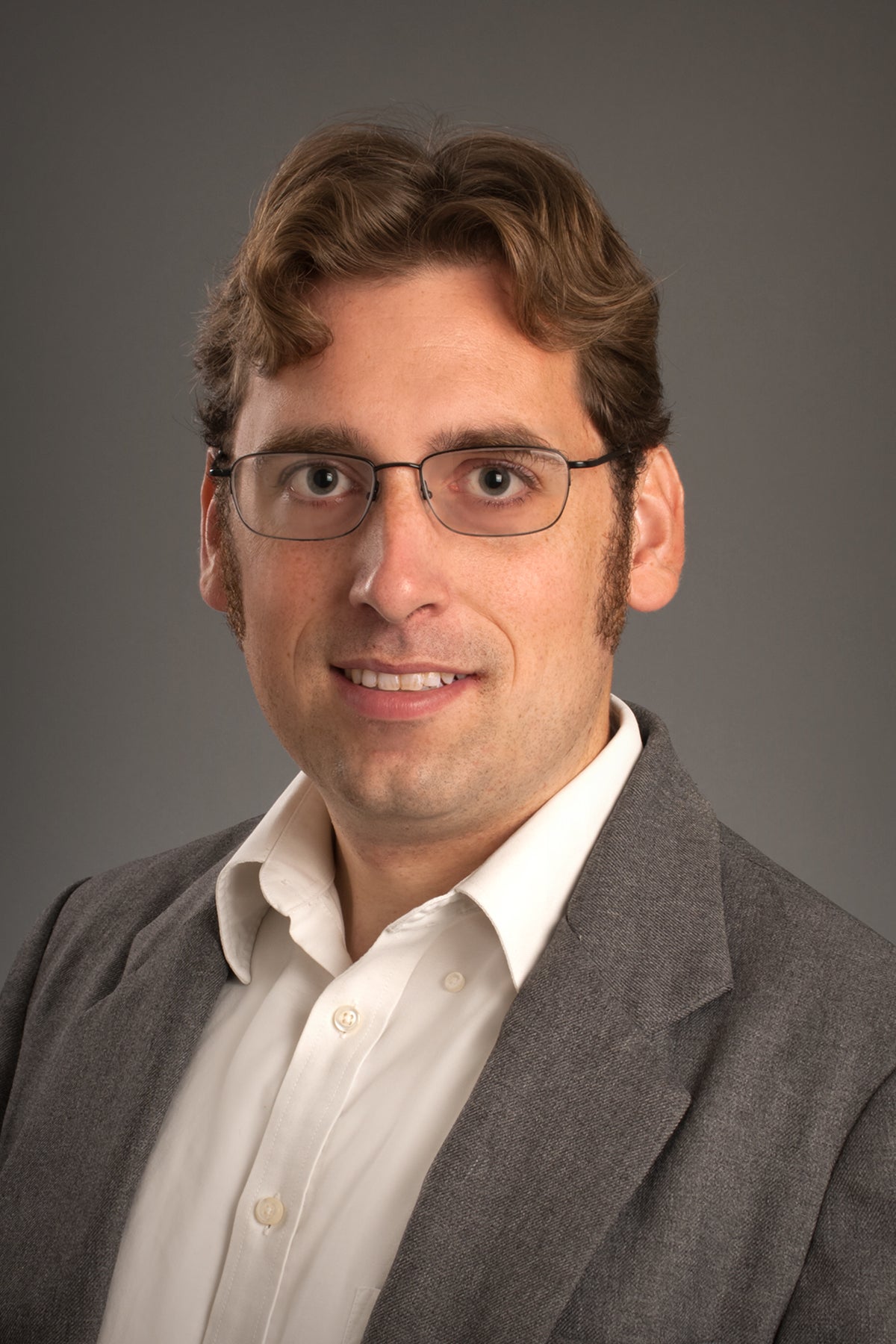
Boise State’s second annual Research Month is April 2018. Research Month celebrates the diverse and fascinating array of research happening each day on campus.
Michael Ekstrand, an assistant professor in Boise State’s Department of Computer Science, recently was awarded a five-year, $482,000 grant from the National Science Foundation’s (NSF) Faculty Early Career Development (CAREER) Program. The CAREER program administers NSF’s most prestigious award to early-career faculty who have the potential to serve as academic role models in research and education, and to lead advances in the mission of their department or organization.
Ekstrand’s long-term career vision is to make computing technology good for people. His CAREER program proposal investigates the interaction between users and ubiquitous recommender systems – those online systems that suggest items to purchase, articles to read and videos to watch to consumers – to identify the individual and societal impacts of data that is missing or skewed with respect to users’ actual preferences and interests. For instance, potentially discriminatory age, gender or ethnicity biases may affect recommendations, and recommendations themselves may enhance or dissolve overly narrow personalization “filter bubbles.”
“Any time we get a grant, it is a substantial validation of the ideas and methods we put into it,” Ekstrand said. “But this one even more so – it’s a major investment in my whole program of research and education. The funding will support my first Ph.D. student, and enable my research and new educational agenda for the next few years. I have been working to expand my research from understanding how the information systems we build respond to the needs of individual users to studying how they interact with the data provided their users collectively and society at large; I will be pursuing that work in earnest in this project.”
Recommender systems typically employ information retrieval and machine learning algorithms to retrieve, score and rank consumables based on a particular user’s expected interest, context and/or query. The long-term interaction between a recommender system and its users produces a variety of emergent behaviors, some documented, others hypothesized and in need of further study. Ekstrand’s proposed work fills research and deployment gaps by examining in much more detail the interaction between systems, users and the surrounding socio-technical context under a variety of conditions.
Filling these gaps is vital because recommender systems significantly impact the experiences of their users. These tools shape, for better or worse, the information that their users see. For instance, available public data indicates that recommendations drive 80 percent of viewing activity at Netflix and 35 percent of sales on Amazon.com, and are key components of many other online experiences such as music streaming, news and social media. Given their reach and influence, it is crucial to understand their effects and impact.
Ekstrand’s grant also is a boon for Boise State’s computer science department and the new Ph.D. in Computing program, as his graduate student researcher will receive valuable workforce preparation in Boise State’s People and Information Research Team, and will help to mentor the next generation of students toward the end of their own studies.
Ekstrand is quick to acknowledge the career support and encouragement he’s received from past and present colleagues, advisors and his family.
“I’d particularly like to thank Sole Pera for her feedback through the writing process and ongoing collaboration in the People and Information Research Team; Daniel Kluver from University of Minnesota for collaborating on some of the preliminary results; the Meridian Library District for being a great partner in designing some of the education and outreach components of the project; and the wonderful people that have made the Fairness, Accountability, and Transparency (FAT*) research community such a welcoming and vibrant community in which to carry out this work,” Ekstrand said.
Moving forward, various aspects of Ekstrand’s project will involve collaboration with Don Winiecki, Eric Lindquist, Amy Vecchione, Sole Pera and others at Boise State, as well as Nick Seaver at Tufts University.